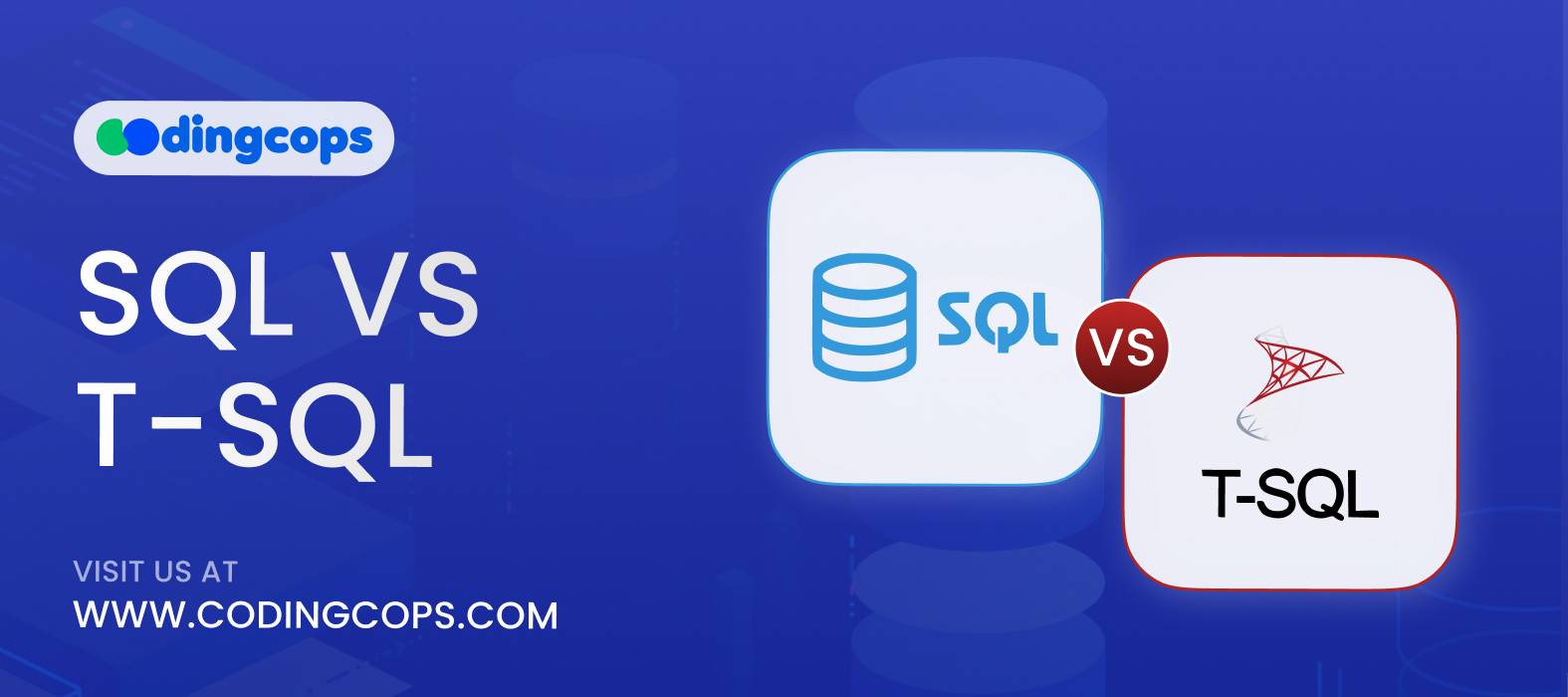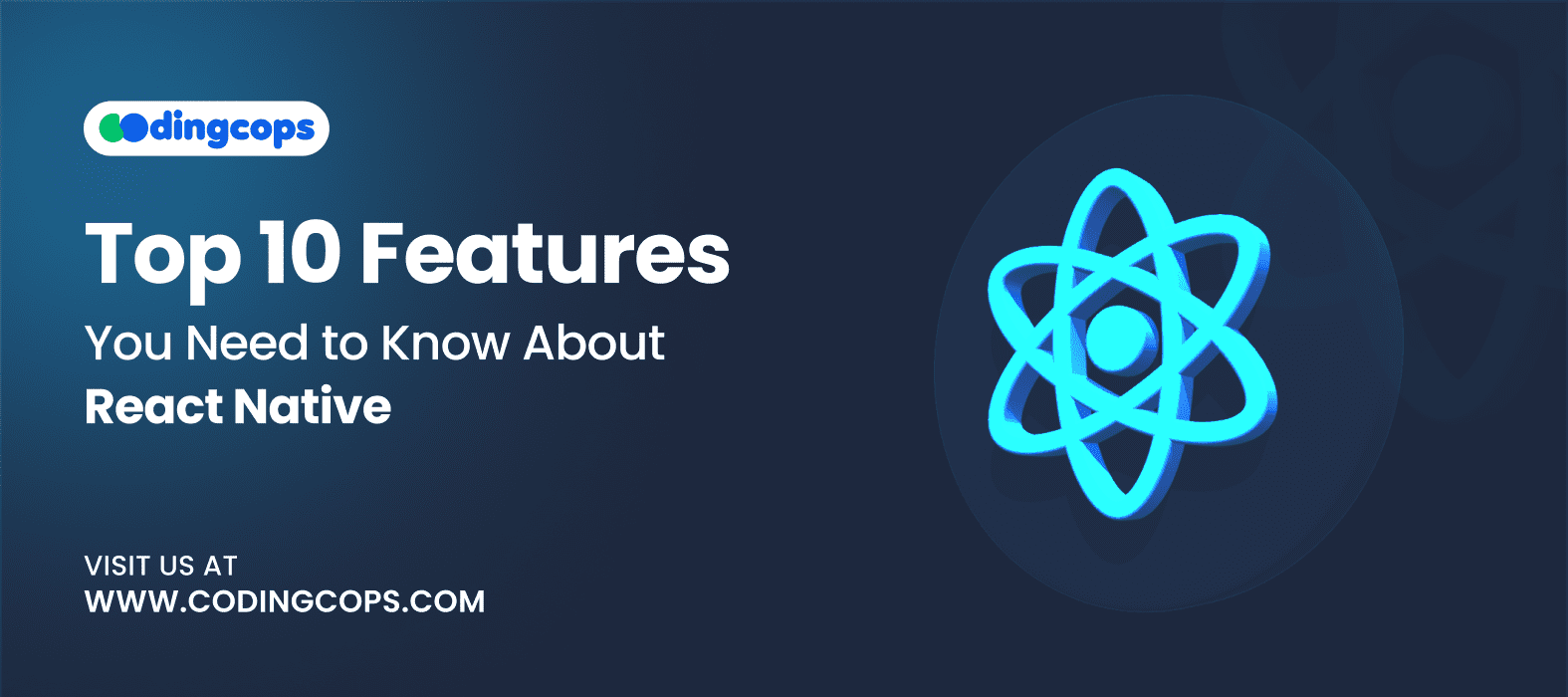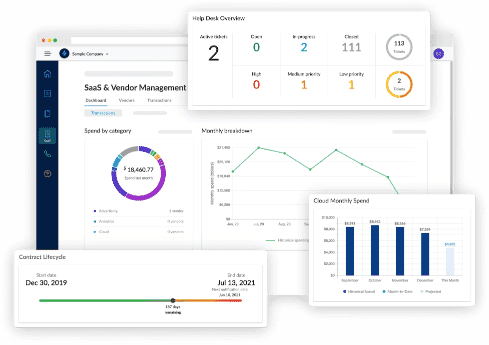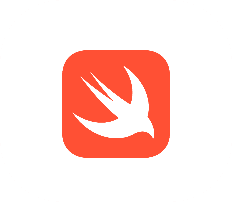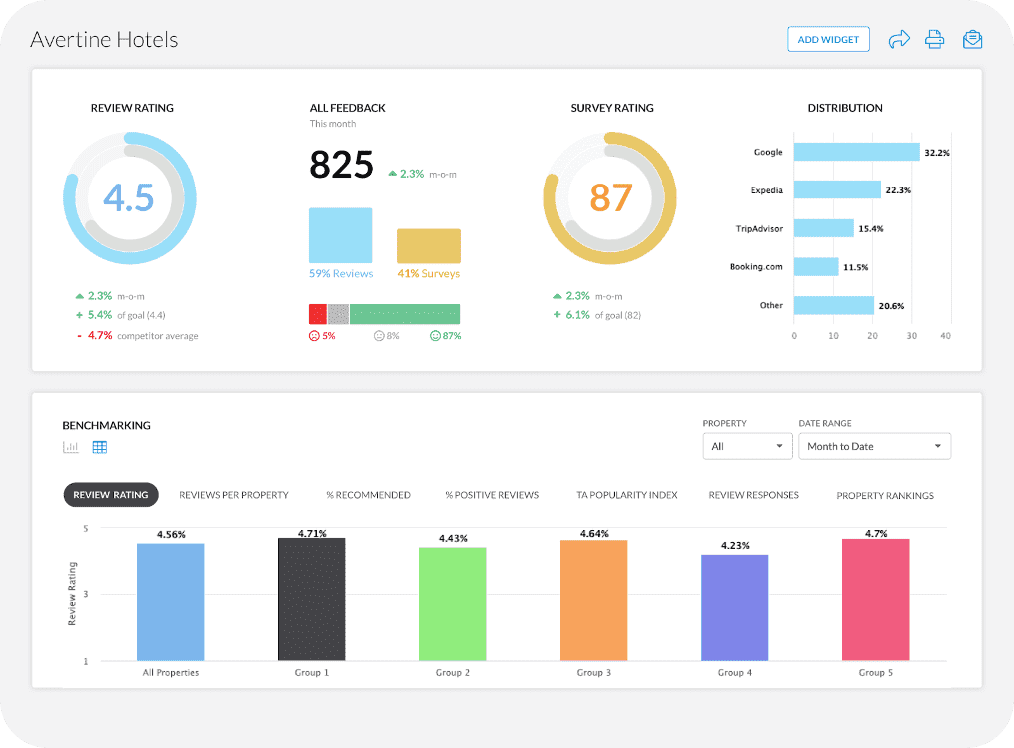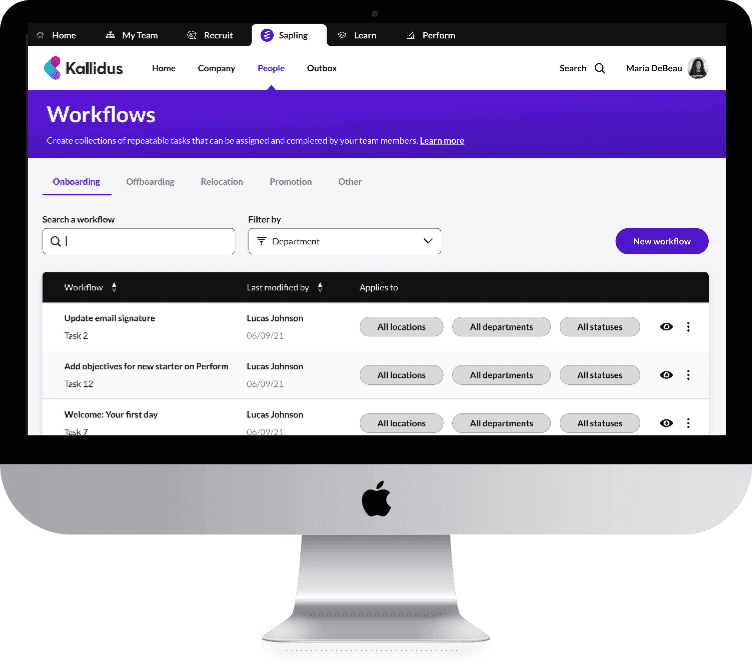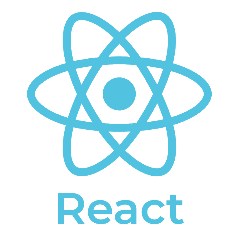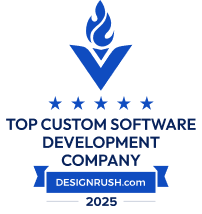In the database enigmatic world, those tools and languages are the keys that open the door of understanding to you. SQL (Structured Query Language), is an unavoidable part of the relational databases and the basis of the uniform database transaction implementation.
Yet, as you examine Microsoft’s system, you come across T-SQL, which stands for Transact-SQL and is a relational database management system that is a handy extension of the standard version of T-SQL (Transact-SQL extension to SQL Server). Through this blog, I de-mystify SQL and T-SQL, revealing what’s different and why it matters to you.
Moreover, this blog will help you decide on which tool to choose given that it is all explained in a simple manner.
Introduction to SQL
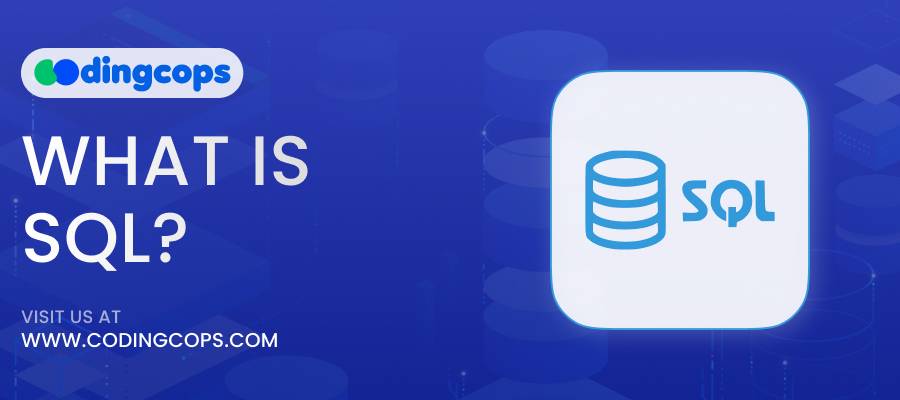
On some level, SQL being a lingua franca for database management and data processing is its main essence. It is an instrument with a standardized vocabulary that can be used to retrieve, add, or manipulate data in a relational database management system (RDBMS). SQL’s standardization by the American National Standards Institute (ANSI) has made it one of the most portable and interoperable languages irrespective of the database systems.
Key Attributes of SQL
- SQL, which is a programming language whose commands, for example, SELECT, INSERT, UPDATE, DELETE, and CREATE, are known by all kinds of RDBMS, is a tool of trade for all database professionals.
- SQL’s syntax closely mirrors the English language, which makes it relatively easy to learn and understand. This simplicity does not come at the expense of power; SQL is incredibly efficient at data manipulation and retrieval.
- In addition to value data formatting, SQL operations can create or modify database structures and it is indeed one of the most able programming languages targeted at database management.
Diving into T-SQL
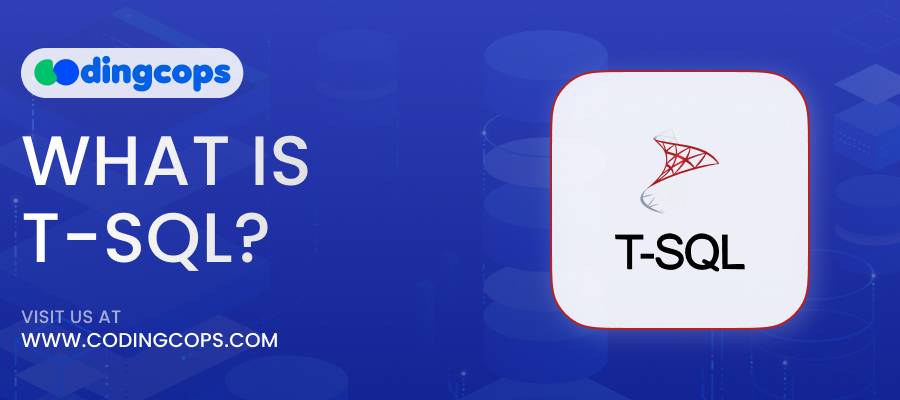
The abbreviation T-SQL which is the acronym for “Transact Language” represents the extension of SQL as the native language of Microsoft. It builds on a traditional SQL dialect to create SQL ones peculiar to advanced use with Microsoft SQL Server.
T-SQL has extensions for procedural programming, described variables, functions for manipulating the strings, the dates, the mathematics, and the advanced approaches for the handling of the errors.
The procedural programming capabilities of T-SQL are important for developers looking to automate difficult data operations on Microsoft SQL Server. This is beneficial for businesses that want to hire Node.js developers. They have experience with JavaScript and can utilize T-SQL to write more dynamic database queries, important for real-time data-driven apps.
Enhancements Offered by T-SQL
- T-SQL introduces procedural elements that allow for more complex and dynamic SQL scripts. This includes the use of loops, conditional statements, and local variables, enabling more robust data manipulation and processing.
- With built-in functions for string manipulation, data processing, and custom error handling (via TRY…CATCH blocks), T-SQL provides tools for advanced data handling and analysis.
- Integration with Microsoft Technologies: T-SQL is designed to work seamlessly with other Microsoft technologies, offering enhanced performance and features when used within the Microsoft ecosystem.
SQL vs T-SQL: Breaking Down the Differences
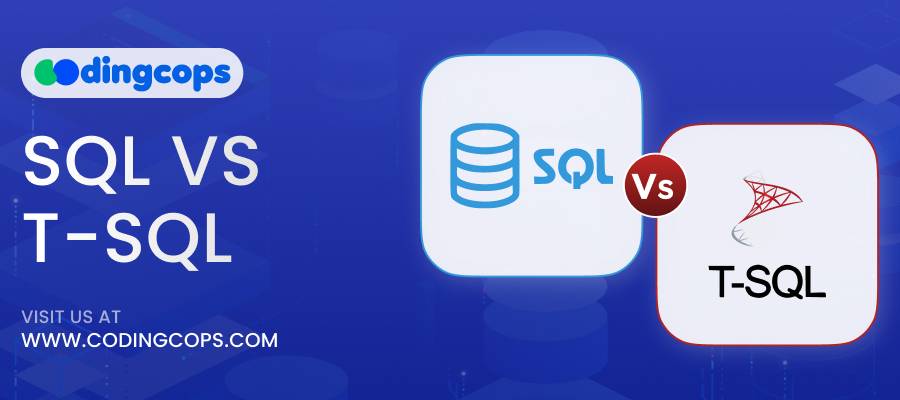
Understanding the distinction between SQL and T-SQL is key to selecting the right tool for your database projects. Let’s compare their features, use cases, and applicability.
Compatibility and Portability
SQL
SQL is designed to work across various database systems, offering a high degree of portability. Whether you’re working with MySQL, Oracle, or PostgreSQL, SQL is the common language for database operations.
T-SQL
T-SQL, being a Microsoft-specific extension, is tailored for SQL Server environments. Its unique features and syntax are not supported by other database systems. As a business, if you want to create valuable web apps, you can hire React developers. They can effectively interface with SQL Server through T-SQL and enhance both the user experience and system effectiveness.
Complexity and Capabilities
SQL
SQL maintains simplicity, focusing on essential database operations. Its straightforward syntax and operations make it accessible to beginners and experienced professionals alike.
T-SQL
T-SQL introduces a layer of complexity with its procedural programming features and advanced functions. This complexity, however, unlocks higher levels of control and customization within Microsoft’s database platforms.
Application and Use Cases
SQL
SQL is ideal for general database management tasks, including querying, data manipulation, and schema creation across various RDBMS platforms.
T-SQL
T-SQL is better suited for scenarios requiring advanced data processing, complex transactions, and integration with Microsoft technologies. It’s the go-to language for leveraging the full capabilities of Microsoft SQL Server.
Making the Choice
Selecting between SQL and T-SQL ultimately hinges on your specific project requirements, the database systems in use, and the environment in which you’re working. Here are a few considerations to guide your choice:
Evaluate Your Environment
If your database infrastructure is centered around Microsoft SQL Server, T-SQL’s advanced features will be invaluable. For web development using PHP, you can Laravel developers, as they bring expertise in integrating SQL with the latest web frameworks. For a broader database environment involving multiple RDBMS, standard SQL will serve you well.
Consider Your Needs
For complex data manipulation, procedural programming, and custom error handling within SQL Server, T-SQL is the obvious choice. For standard database operations, cross-platform compatibility, and ease of learning, stick with SQL.
Project Scope and Future Plans
Think about the scope of your current projects and any future database endeavors. If you foresee a heavy reliance on Microsoft technologies, investing time in mastering T-SQL could offer long-term benefits.
Conclusion
Both SQL and T-SQL offer unique advantages for database management and development. SQL stands as the cornerstone of database interaction, widely applicable and recognized across various platforms. T-SQL, with its Microsoft-specific enhancements, offers deeper functionality within the SQL Server environment. The choice between SQL and T-SQL should be guided by your environment, project needs, and the database systems you intend to work with.
More Related Blogs
- React vs. Backbone.js
- Top 10 Future of React in 2024
- React Lifecycle Methods
- React State Management Libraries
- dedicated React developers
